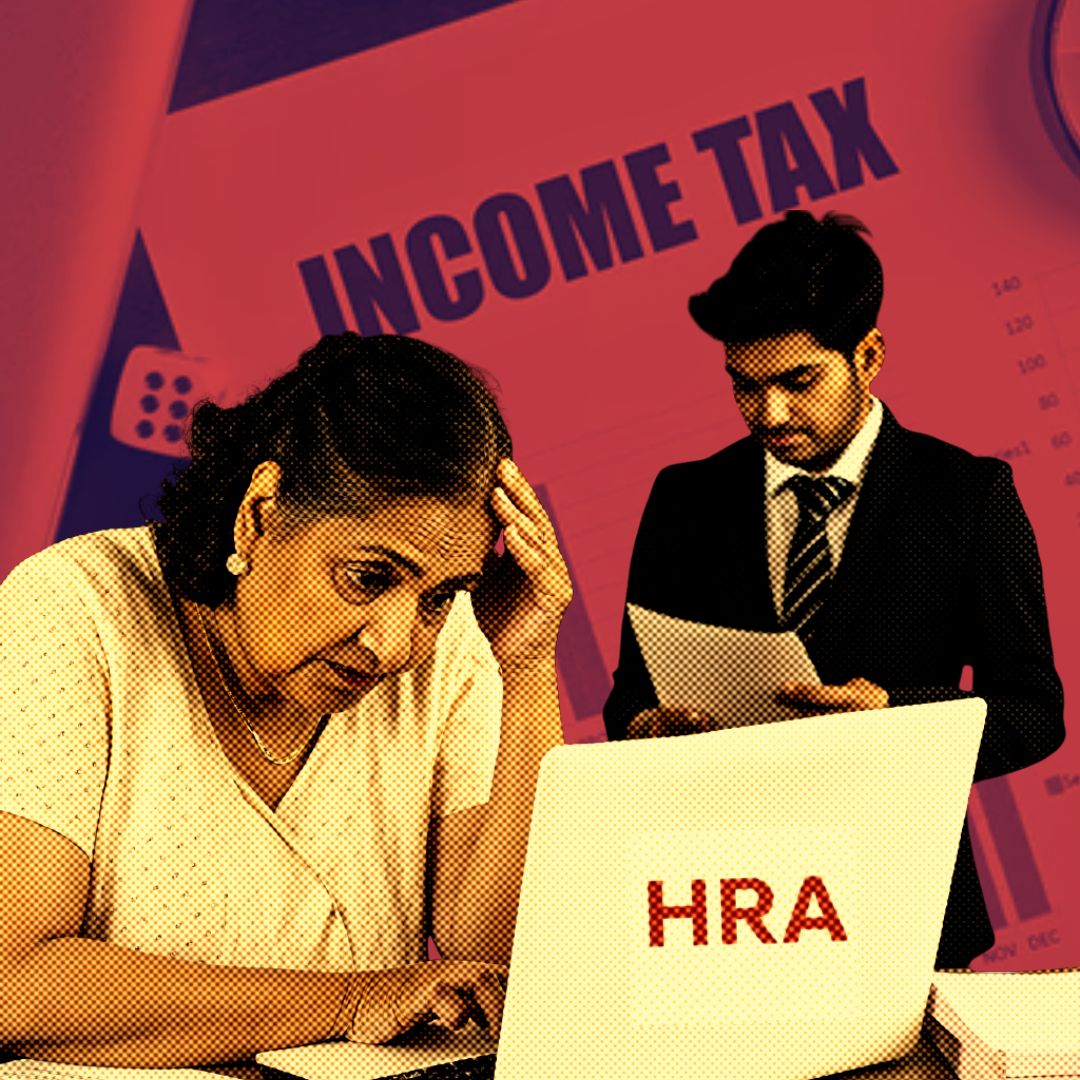The Income Tax Department of India is intensifying its efforts to combat the use of fake rent receipts for claiming House Rent Allowance (HRA) deductions. Recent investigations have flagged approximately 8,000-10,000 cases involving fraudulent claims exceeding ₹10 lakh each. With advanced technology like artificial intelligence, the department is cross-referencing claims with PAN transactions to identify discrepancies. Taxpayers are warned of severe penalties and legal consequences for engaging in such practices, highlighting the importance of compliance in financial management.
Understanding the Crackdown on Fake Rent Receipts
The Income Tax Department is taking a strong stance against taxpayers who submit fake rent receipts to claim HRA deductions. This practice has become increasingly common as individuals seek to reduce their taxable income. For instance, by claiming a monthly rent of ₹20,000, taxpayers can significantly lower their tax liabilities if they receive corresponding HRA from their employers. However, the department’s recent use of artificial intelligence and data analytics has made it easier to detect inconsistencies between submitted receipts and actual PAN transactions, leading to a rise in notices issued to offenders.
How Advanced Detection Works
To tackle this issue, the department employs sophisticated methods for identifying fraudulent claims. By cross-referencing data from the Annual Information Statement (AIS), Form-26AS, and Form-16, officials can spot discrepancies in reported rental payments. If a taxpayer claims HRA exceeding ₹1 lakh annually, they must provide their landlord’s PAN number for verification. Any mismatch can trigger further investigation and potential penalties for both the taxpayer and the landlord involved.
The Financial Risks of Misuse
The misuse of Permanent Account Numbers (PANs) has also come under scrutiny, with reports indicating that some individuals have submitted multiple claims using identical PANs across different employers. Approximately 8,000-10,000 high-value cases have been flagged, each involving amounts exceeding ₹10 lakh. This situation emphasizes the need for stricter verification processes by employers to ensure compliance and prevent fraudulent activities that could lead to severe financial repercussions.
Impact on Honest Taxpayers
While the crackdown aims to curb tax evasion, it raises concerns for honest taxpayers who may find themselves under unnecessary scrutiny due to legitimate claims. Many individuals rely on HRA deductions as a valid means of reducing their taxable income but may fear being wrongly accused during audits or investigations.
Government Initiatives for Financial Literacy
In response to these challenges, the government is focusing on educating taxpayers about legitimate tax practices. Initiatives aimed at simplifying the process of claiming HRA and providing clear guidelines are being considered to help taxpayers navigate their responsibilities without falling into fraudulent traps.
Expert Advice on Compliance
Financial experts recommend that taxpayers maintain accurate records and ensure all claims are substantiated with legitimate documentation. A tax consultant advises, “Transparency is key. Keeping proper records not only helps during audits but also promotes a culture of compliance that benefits everyone.”
Legal Consequences for Non-compliance
The potential legal repercussions for those found guilty of submitting fake receipts are significant. Offenders may face hefty fines that can reach up to 300% of unpaid tax amounts and could even risk criminal charges depending on the severity of the fraud. This serves as a crucial reminder that engaging in deceptive practices can lead to dire financial consequences.
The Logical Indian’s Perspective
At The Logical Indian, we advocate for financial transparency and responsible money management. The misuse of fake rent receipts not only undermines the integrity of our tax system but also places an unfair burden on compliant taxpayers. As we navigate economic challenges, it is essential for citizens to engage in ethical financial behaviour that fosters fairness and equity in our society. How can we collectively promote responsible tax practices among our peers? We invite your thoughts and experiences to spark a meaningful dialogue!











